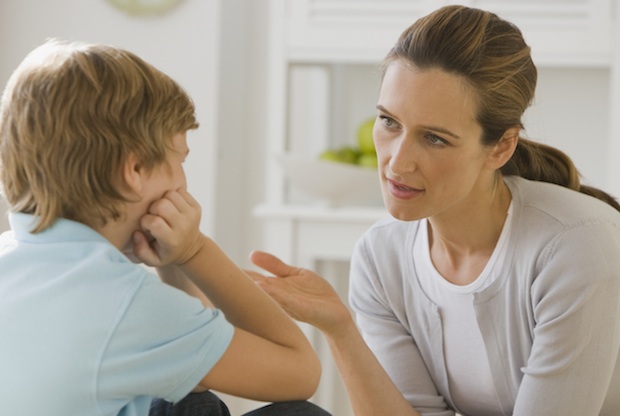Can we expect “sexual purity” from our kids? Before defining that term, let alone answering the question, I should explain that I am addressing it for two reasons: one news-driven and the other driven by the ongoing challenge/opportunity that is contemporary parenting.
Articles such as this one just published by Brianna Sharbaugh are increasingly in play with a variety of parenting and news sites – mostly, but not exclusively, those of a more conservative bent. Since more than half of the nation defines itself as either conservative or conservative-leaning, it pays to pay attention. That’s the news angle. The parenting angle is even more relevant.
Fundamentally, all of these stories, especially Sharbaugh’s, are about protecting our kids -?something all parents want to do. We differ about the things from which we hope to protect them, and also about the importance of protection relative to a whole variety of other aspirations we have as parents, including educating our kids, empowering them and, in a more contemporary lingo, launching them -??to name just a few. But the impulse to protect is pretty much a permanent part of the parenting deal, at least in my experience, both as a parent for almost 22 years and as a son for 30 more than that.
So assuming that protection matters, and assuming that one is interested in protecting their children’s sexual purity, and also accepting that the definition of sexual purity is virginity, or even asexuality, until marriage – the question remains, can parents expect that from their children? My answer to that question is, unlike the answer offered by Sharbaugh and virtually every other writer addressing this issue is, it depends. And I don’t mean that as some squishy way to avoid to taking a stand -?quite the opposite, in fact.
The answer to the question of expecting our children’s sexual purity, as it is to most of the expectations we have of our kids, depends at least as much upon us, and the way we parent, as it does on our kids. I actually think that as parents, we can expect almost anything from our kids. The question is at what cost we get them to meet the measure of those expectations, and how we deal with them (and ourselves) if they don’t.
Setting what we deem to be a high bar on our kids’ behavior is fine, but it’s not free. What are the costs – and I don’t mean primarily the financial ones -?associated with making such demands. How will it shape our relationship with them in other areas? How will our expectations deepen or degrade trust when those expectations are met, or not met? What is our role delineating the space between disappointment when our expectations are not met, and withholding love and support at precisely the moment it may be most needed?
Also, we should be clear that all expectations are achieved in a context. As parents, that means we need to ask ourselves whether or not we are raising kids in settings and communities that position them to meet our expectations, and reward them for doing so. If we aren’t setting up our kids to succeed, however we choose to define success, can we really expect them to fulfill our expectations?
In my experience, good parenting require more than the setting of high bars, the creation of consequences and sharing stories of others who have succeeded. Good parenting demands that we live according to the bars we set for our kids. We should appreciate that we (at least most of us) were not always the people we are today so it’s not likely that our kids will be either. And we must spend at least as much energy setting the bar on our unconditional love for our kids as we do setting the bar on the behaviors we expect from them.

